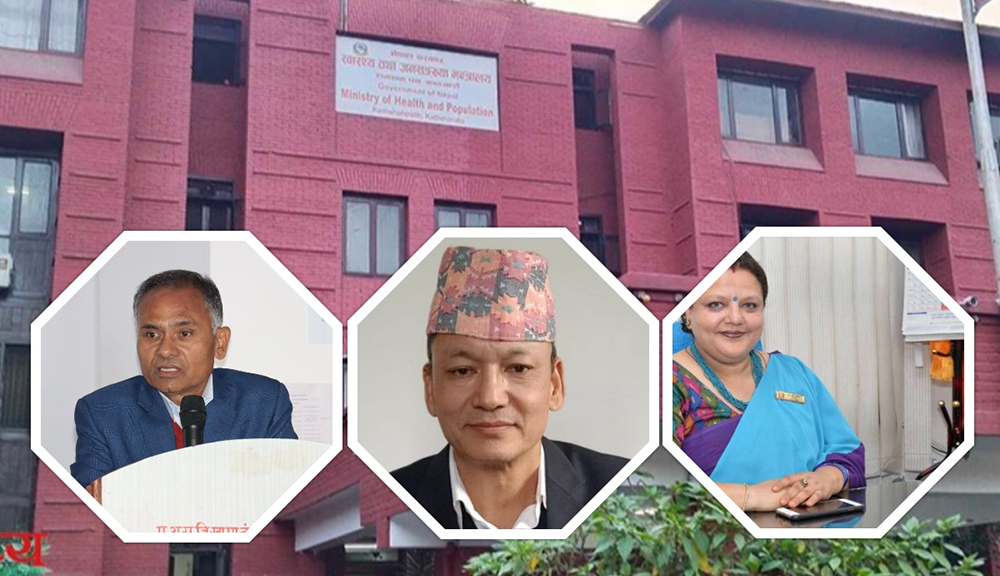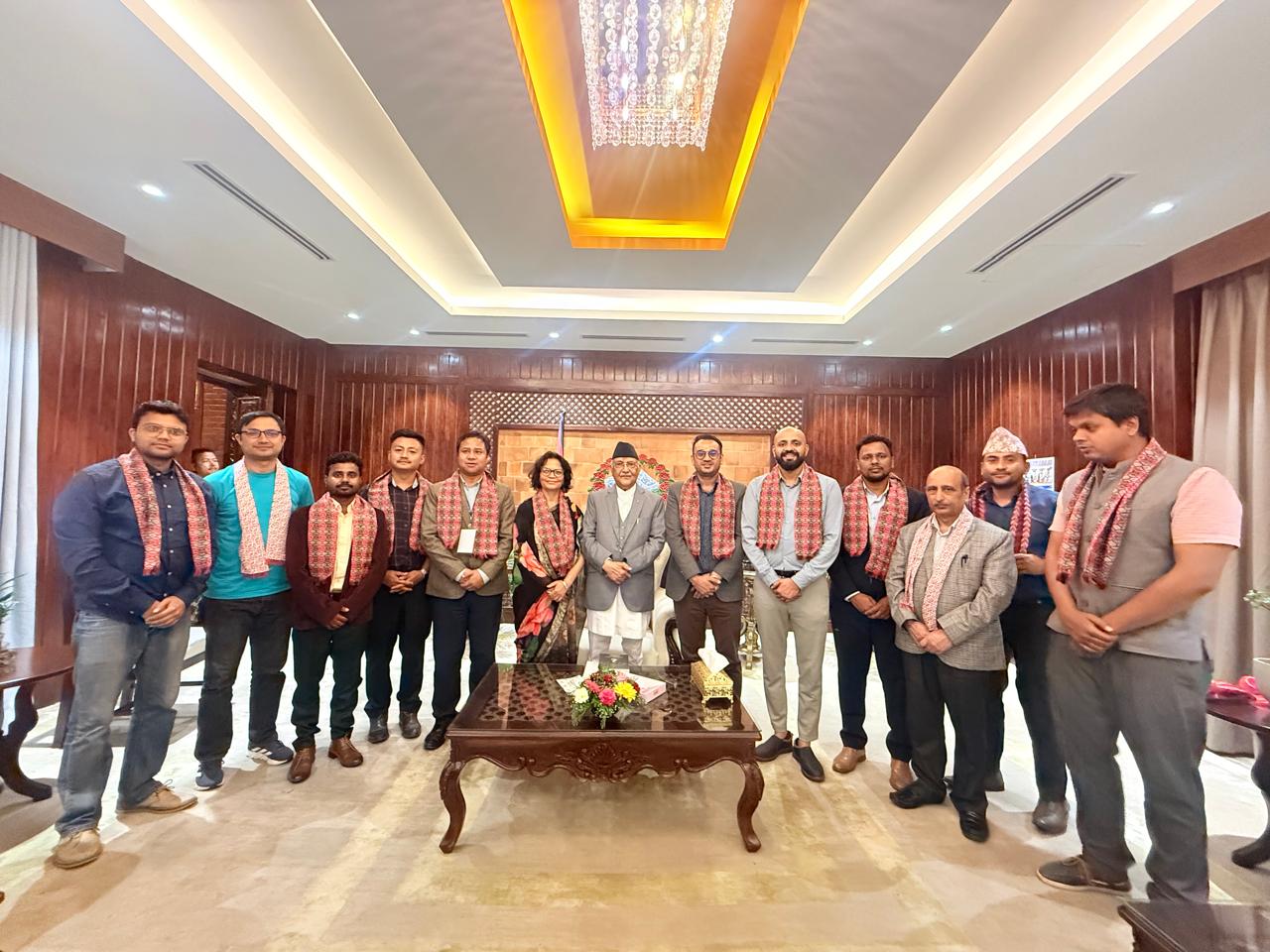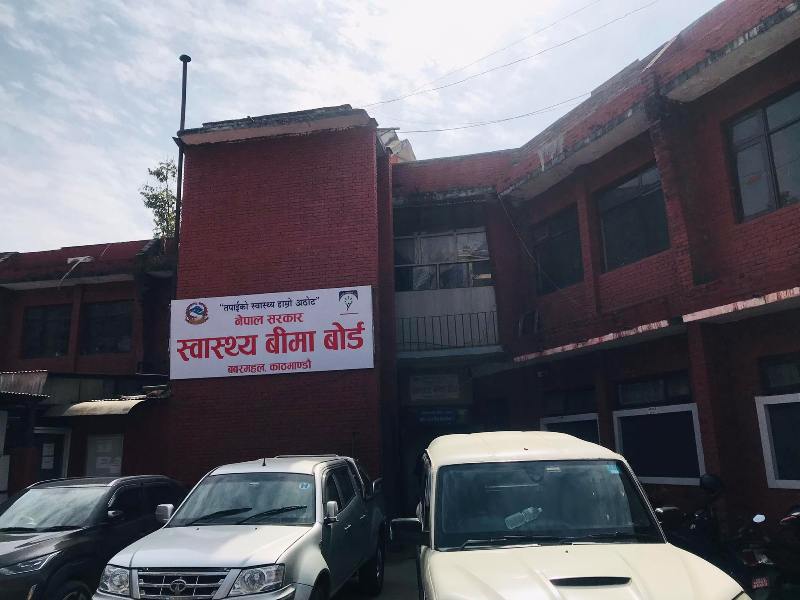
Tara Pokhrel, born and raised in the remote village of Kaligandaki in Syangja, Nepal, is a trailblazer in the field of nursing. She was the first girl from her village to attend school, beginning her formal education at the age of nine. Starting her journey as an ANM from Nepalgunj, she went on to become the president of the Nepal Nursing Council and the Nursing Association of Nepal. She has also served as the nursing chief and associate professor at Maharajgunj Nursing Campus.
Drawing from her decades of experience in nursing education, practice, and leadership, Tara Pokhrel highlights several systemic challenges in Nepal’s nursing sector while offering insightful recommendations for reform.
Key Challenges in Nepal’s Nursing Sector
1. Economic Exploitation and Brain Drain
A nursing degree in Nepal can cost several lakhs, yet graduates struggle to find government jobs. In private hospitals, starting salaries are as low as NPR 7,000–8,000, rising to only NPR 12,000–18,000 with experience. This exploitation drives many nurses abroad in search of better opportunities—a phenomenon she views as a growing brain drain.
2. Lack of Respect and Recognition
Despite their critical role, nurses in Nepal do not receive the respect or societal recognition they deserve. Their efforts often go unnoticed, which affects their motivation and morale.
3. Workload and Poor Work Conditions
Although the official working hours are set at 8 hours per day, nurses often work 12 hours or more. This workload takes a toll on their mental and physical health, as well as on their family lives and children’s education.
4. Policy Gaps and Poor Implementation
There is no enforced nurse-to-patient ratio, which compromises the quality of care.
Government policies often lack proper implementation.
Nurses who return to Nepal with advanced degrees like MSc Nursing from abroad find it difficult to reintegrate into the workforce.
Nursing education infrastructure is inadequate in terms of buildings, labs, and campuses.
5. Institutional Weaknesses
Building a permanent headquarters for the Nursing Association has been difficult due to financial constraints. Weak institutional capacity also limits leadership growth in the sector.
Tara Pokhrel’s Recommendations for Reform
Fair Compensation and Anti-Exploitation Policies: The government should regulate minimum salaries in private hospitals and introduce policies to curb exploitation.
Workload Management: Enforce an 8-hour workday and reduce excessive burdens on nurses.
Standards-Based Care: Implement and monitor policies that ensure a nurse-to-patient ratio aligned with international standards.
Strengthen Leadership: Empower nursing leaders and include them in policy-making processes at all levels.
Invest in Nursing Education: Allocate resources for proper infrastructure and encourage MSc and PhD nursing education within Nepal.
Disaster Preparedness Training: Equip nurses with counseling skills and disaster response training to strengthen public health emergency response.
Engage Male Nurses: Promote the inclusion of male nurses, especially in disaster management, where their involvement can be crucial.
Positive Social Perception: Both the state and society must change their attitudes toward nursing. Creating better opportunities and platforms within Nepal can help attract and retain young professionals in the field.
Tara Pokhrel’s perspectives reflect a deep understanding of the systemic reforms needed in Nepal’s nursing sector. Her insights call for a collective shift in how we view, support, and empower nurses, not just as caregivers, but also as policy influencers and leaders. Strengthening the nursing profession is not just about education and employment; it is about respecting a vital pillar of the healthcare system.
swasthyaadmin
Published: June 3, 2025









